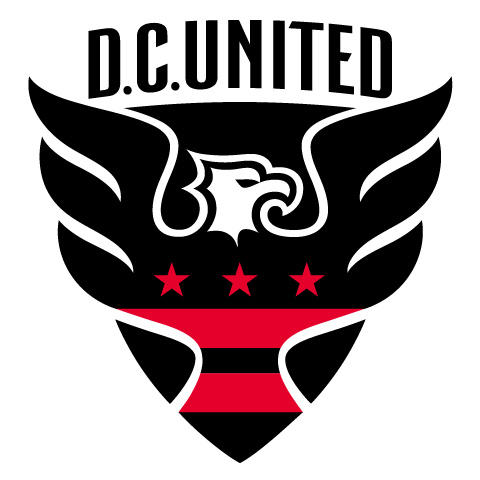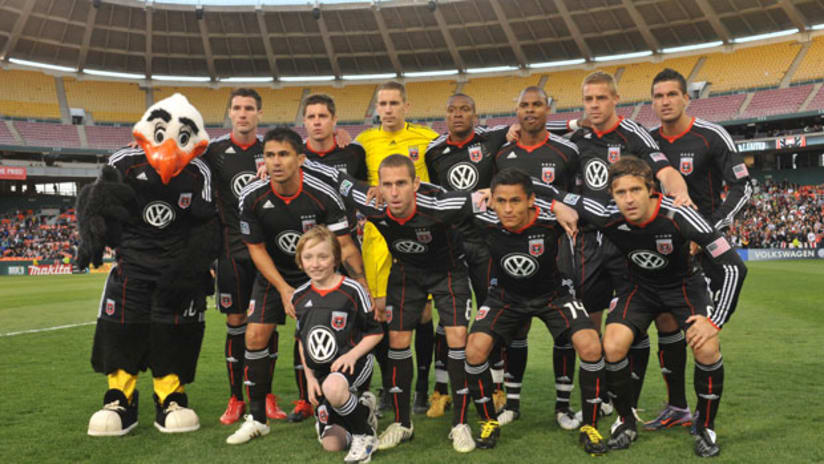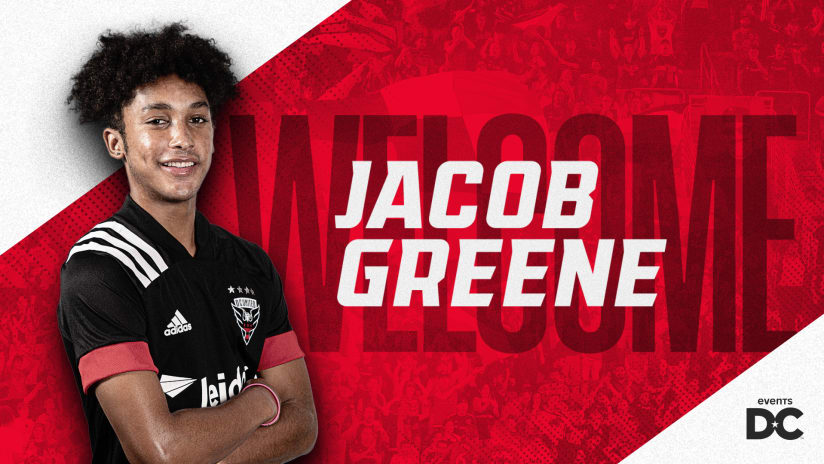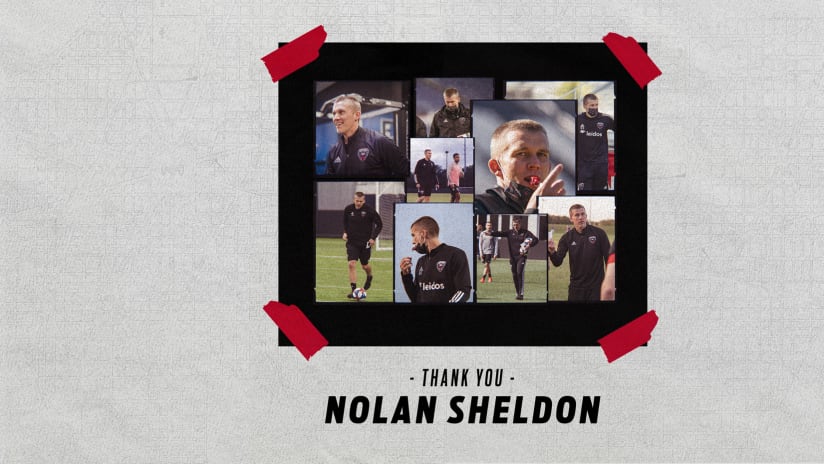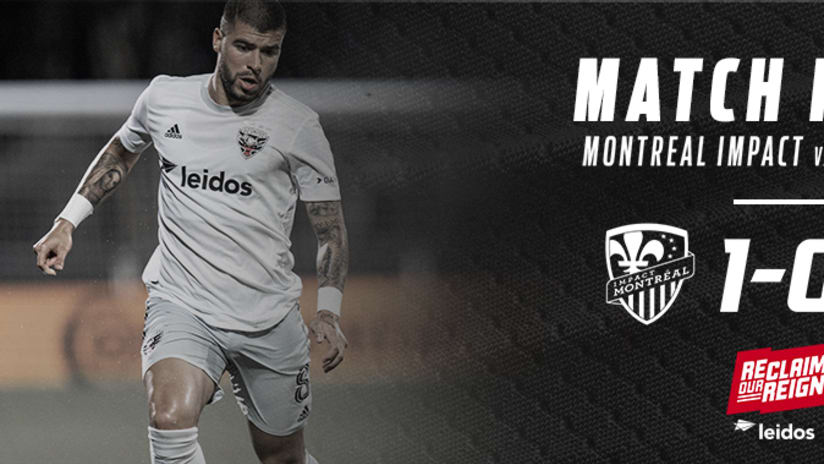The concrete bowl on East Capitol Street in Southeast Washington, D.C., brims with happy memories for its city, its club and American soccer in general.
It’s easily accessible by car, bicycle and public transportation, its sweeping arches still capture crowd noise delightfully and, down near field level, its rowdiest, booziest denizens still make the eastside seating bounce dizzily when the home team is hunting victory.
But RFK Stadium will hit the half-century mark next year and, for all its rich history, it inevitably shows its age with each passing season. The facility is decaying in a few places, it’s always been too capacious for D.C. United’s needs and hefty rent payments to the D.C. Sports & Entertainment Commission continue to hamstring the club’s financial outlook.
Yet United’s quest for a soccer-specific facility of their own remains unfulfilled, having suffered as many setbacks, false starts and sudden reversals as any in Major League Soccer.
Promising projects heralded for D.C.’s Poplar Point, then suburban Prince George’s County, Md., have foundered in recent years on the rocks of recession, political intrigue and hard bargaining. But the Black-and-Red haven’t given up. They’re just adjusting their tactics, conducting private negotiations with three local governments.
“We’re not going to conduct this as a public process,” D.C. United president Kevin Payne told MLSsoccer.com last week. “We’re going to talk when there’s something really important to talk about.
“We don’t want to go down the road again where we get ahead of ourselves and we become public for the sake of being public, like we did the last time,” Payne continued. “So we’re handling things a little differently now and we’re trying to have a businesslike discussion with these three jurisdictions, and at some point later this year or early next year, we’ll make a decision.”
United make little secret of their preference to remain in the District of Columbia. But despite his warm endorsement of a new soccer-specific stadium during his 2006 election campaign, Mayor Adrian Fenty’s administration has since sent mixed signals.
Several years ago, the club spearheaded a land transfer between the federal government and the city in order to build a mixed-use development anchored by a stadium at Poplar Point. That's the same long-forgotten spot on the Anacostia River across from Nationals Park, the new home of the Washington Nationals baseball team which was built with public funds – amid fierce debate and public outcry – to the tune of nearly $800 million.
Lingering bitterness over that project has left Fenty and other local politicians leery of any deal perceived to be a giveaway of public dollars to private enterprise.
But when the economic downturn rocked the nation in 2008, the entire project was shelved by Clark Construction – to the enduring frustration of United and their fans, as well as local residents eager for economic development in the oft-neglected neighborhoods east of the Anacostia.
Payne is obviously disappointed in the way those talks broke down, but confirmed that United are now being courted by the city of Baltimore and the Maryland Stadium Authority regarding a site in Charm City. The clubs is also in talks with “a suburban county in Virginia.” Either location would present a challenge to large chunks of the team’s fan base, but the club has little choice but to take a broad approach in its hunt for a home.
“I don’t think there’s anybody that wants to see us leave D.C.,” said Payne. “[But] we’re very flattered at the interest in Baltimore – that’s a real conversation. That’s a real option. Time will tell what makes the most sense, and it has to be a real partnership. It has to make sense for us, it has to make sense for the jurisdiction.”
Given the pressurized political environment created by mayoral elections in DC this year, meaningful breakthroughs seem unlikely in the near term. United are aware their stadium aspirations will ultimately hinge on solid support in high places, including some form of tax-based financing, and both the District and Maryland are currently plagued by recession-induced budgeting woes.
“Part of the reason that we’ve been pretty low-key the past year is that it obviously wasn’t a great time to be out in front of this issue,” said Payne. “I think the economy’s starting to turn, I think people are feeling more optimistic. For communities, it’s a good time to invest in the future. You can’t not invest. You can’t sit still. Jobs have to be created, economic base has to be created, tax-ratables need to be created. So I think there’s a lot of reasons why it makes sense to move forward with a stadium.”
Working in the club’s favor is that the downturn has reined in construction costs drastically since United’s original timeframe for breaking ground in 2007. Such bright spots will have to sustain Payne and United owner Will Chang as the long-running pursuit for their team’s permanent home continues in the months -- and years -- ahead.
“Our objective is to get the best possible stadium for the long run,” said a resolute Payne, who has been at the helm of United since the club’s inception. “And if we don’t get it done until the year before I die, but it’s the right place for the next 30 years, that’s OK. This is about ensuring the future of this team as one of the marquee teams in our league, and I believe that the stadium is critical to that.
“So we’re not going to rush anything,” he concluded. “And we’re not going to be rushed. I don’t really care about the fact that we’re one of the few teams in the league that doesn’t have a stadium option. Because there’s probably a few teams in the league that maybe wish that they hadn’t done what they’ve done. So it’s not always the right thing to rush into it. We’re going to try to make sure to make the right decision.”
